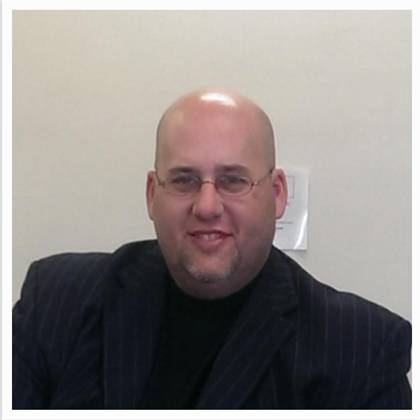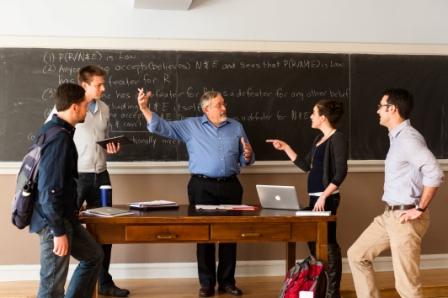Part Three: Should I Attend Grad School? Or What was I thinking?

What counsel would I give someone who is considering grad school? First, think about it in terms of vocation. If your vocation, or expanding your vocation requires you to attend grad school, then I think it is definitely something that should be considered. There are some vocations which by their very nature require more education or advanced degrees. While it might seem like these are artificial constraints which are intended to keep people out of particular professions, they do at least bring to the surface who are willing to put in the extra time and effort. No one can deny that it is sacrifice, and it can be expensive, but if God truly does call people to particular vocations which require education, then grad school is something that God does expect for some people.
Second, think about grad school as much from the perspective of what it is going to expect of me as what I can get from it. We can all endure momentary pain for expected future benefit. But grad school is not just about what I can gain, but about what is expected of me. In that case it is not just about a degree, but about what it means to have the degree. For me, it was not just about having a PhD, but about what it meant for me to be a PhD holder. That principle is the same for all degrees. It means staying current in your field. It might mean continuing education to maintain certification. Whatever it is, it is part of having the degree and you should enter into grad school knowing that expectation at the end.
Finally, find ways to maintain balance. Grad school is not life in toto. It sometimes seems like it, but it is not. We are more than our degree. As Aristotle says, we are social beings, and we cannot deny that when we are at graduate school. Spend time getting to know the people in your cohort. Develop friendships with people in your field and out of your field. I know that online education is becoming more and more popular, and has made grad school more convenient for working adults, and I would not advise everyone to do what I did and go back to school full-time. However, I certainly can say that there is a something valuable to the educational endeavor when you experience the interaction that comes from being in the same room with a group of men and women who can help and challenge you. While attending classes may not be in your educational plans or even physically feasible for you, find some way to find a group of people that you join in conversation on the same intellectual level that you are interacting with academically in your classes.

Remember that education is as much about my formation as it is about the piece of paper. For me that means a couple of things: First, find something that makes you a better person, not just a better scholar. For me, it was connecting with literature again. For you, it will be something else. Whatever it is, find time to pursue it alongside your studies, even if it is only a little bit at a time. Second, it is important to maintain your spiritual health. While that certainly will mean your own personal devotional times, it also is important that you maintain your presence in a community of believers. While it is difficult sometimes to interact with people who have no idea of the struggles, challenges and changes that you are going through, the Church is always intended by Christ to be heterogeneous. Young, old, simple, wise, foolish are all welcome to come and feed at the Table of God’s Word. We can find spiritual comfort from groups like ESN and other Christian campus groups, but these have the potential to make us myopic if they are the only spiritual life that we have.
If we can remember these things, Grad school then can be more than a degree; it can help us become a better people. We will be more of what God wants us to be – we will be more fully the human being that God intends us to be.
Editor’s note: For the earlier posts in the series, click here (Part 1) and here (Part 2).
I am a PhD student in theology at Catholic University of America in Washington, DC. I am studying the theology of John Williamson Nevin, who taught in the seminary of the German Reformed Church in America in the mid-nineteenth century. He was also the president of Franklin and Marshall College and a friend to James Buchanan, the 15th president of the United States. I am currently a teaching fellow at CUA, teaching undergraduate theology and Church History classes. My goal is to teach at a college or university after completing my degree program. I am also the current vice-president of the graduate student association at CUA. Before life as a grad student (if that were an acronym it would be BLaaGS) I was a teacher and principal in secondary education at various Christian schools in the Northeast. My family and I currently live in Hagerstown, MD.

Leave a Reply